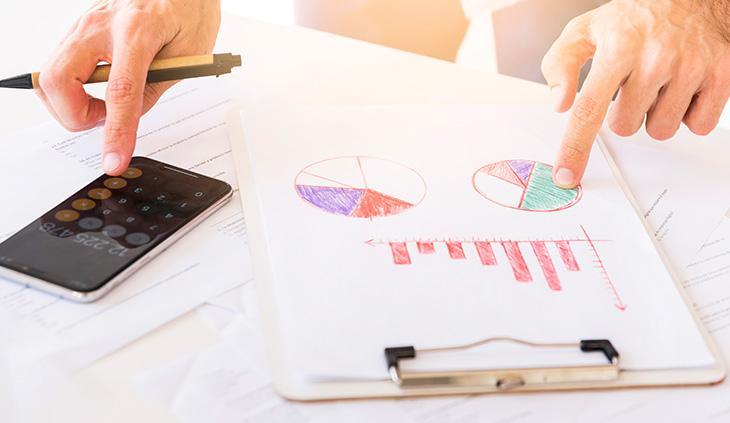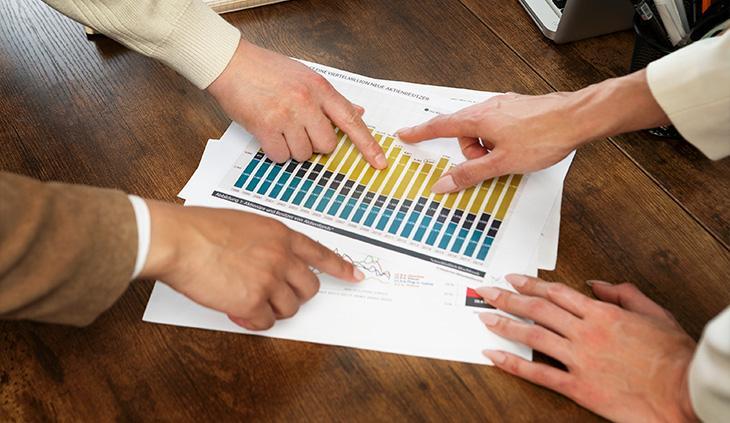
When is the Valuation of Goodwill of the Company required? How is the valuation of goodwill done?
Valuation of the goodwill of a company is a term used to refer to the total worth or value of a company that is not reflected in its physical assets or tangible items. Goodwill represents the intangible value associated with a business, such as its brand, reputation, customer relationships, and industry knowledge. The value of a company’s goodwill can be determined by different methods, including market analysis, discounted cash flow analysis, and the capitalization of earnings approach.
Valuation of a company’s goodwill is an important part of its overall financial health and is often required for certain business transactions such as mergers, acquisitions, and liquidations. In general, goodwill is valued when a company is being sold, when two companies are merging, or when a company is being liquidated.
When is Goodwill Valuation Required?
Goodwill valuation is typically required when a company is being sold, when two companies are merging, or when a company is being liquidated. Goodwill valuation is also necessary when a company is preparing for an initial public offering or when it is issuing a bond or other debt securities. Goodwill valuation is also important when a company is determining the fair market value of its assets for taxation and other purposes.
How is Goodwill Valuation Done?
Goodwill valuation is a complex process that requires expertise and experience in the field. It involves several factors, such as the company’s brand, reputation, customer relationships, and industry knowledge. A team of experienced professionals, such as accountants, financial analysts, and business appraisers, will typically be involved in the process.
The first step in the process is to determine the company’s tangible assets and liabilities. This includes the company’s physical assets, such as its buildings, machinery, inventory, and cash. The liabilities include any debt owed by the company, such as loans and accounts payable.
Next, the intangible assets of the company are evaluated. This includes the company’s brand, reputation, customer relationships, and industry knowledge. The value of the intangible assets is then determined and the total value of the company’s assets is then determined.
Finally, a financial analyst will look at the company’s cash flow and financial statements to determine the fair market value of the company’s assets. The analyst will then compare the company’s assets and liabilities to the fair market value of its assets and liabilities to determine the total value of the company’s goodwill.
Goodwill valuation is an essential part of business transactions, such as mergers, acquisitions, and liquidations. It is also important when a company is preparing for an initial public offering or when it is issuing a bond or other debt securities. Goodwill valuation is also important when a company is determining the fair market value of its assets for taxation and other purposes. Companies should always consult with experienced professionals when it comes to the valuation of their goodwill.


